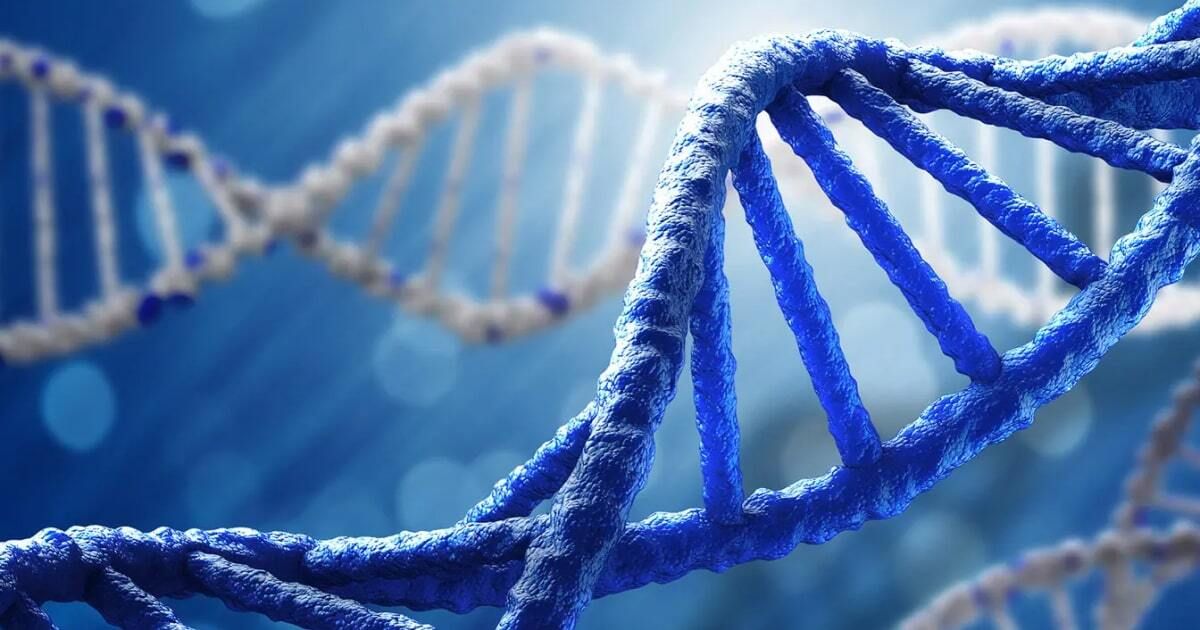Understanding Beare-Stevenson Cutis Gyrata Syndrome: Diagnosis and Genetic Testing

Expert Reviewed By: Dr. Brandon Colby MD
```html
Beare-Stevenson Cutis Gyrata Syndrome (BSS) is a rare genetic disorder characterized by distinctive skin and craniofacial anomalies. This article aims to provide a comprehensive overview of BSS, including its diagnosis and the pivotal role of genetic testing in managing the condition.
What is Beare-Stevenson Cutis Gyrata Syndrome?
Beare-Stevenson Cutis Gyrata Syndrome is a congenital disorder caused by mutations in the FGFR2 gene. This gene is responsible for encoding a protein that is crucial for cell growth, differentiation, and tissue repair. Mutations in FGFR2 lead to abnormal cell signaling, resulting in the characteristic features of BSS.
Symptoms and Diagnosis
The hallmark features of BSS include:
- Cutis gyrata: Deep furrows and ridges in the skin, particularly on the scalp.
- Craniosynostosis: Premature fusion of skull bones, leading to an abnormal head shape.
- Facial anomalies: Including a prominent forehead, wide-set eyes, and midface hypoplasia.
- Other potential symptoms: Genital anomalies, skin tags, and acanthosis nigricans.
Given the rarity and complexity of BSS, diagnosis often involves a multidisciplinary approach. Clinical evaluation by a geneticist or a specialist in craniofacial disorders is crucial. Imaging studies like X-rays or CT scans can help assess craniosynostosis, while skin biopsies might be performed to examine the characteristic skin changes.
The Role of Genetic Testing in Beare-Stevenson Cutis Gyrata Syndrome
Genetic testing is a cornerstone in the diagnosis and management of BSS. It not only confirms the diagnosis but also provides valuable information for family planning and potential future therapies.
Confirming the Diagnosis
Genetic testing can identify mutations in the FGFR2 gene, which are responsible for BSS. A positive result confirms the diagnosis, allowing healthcare providers to tailor a management plan specific to the patient’s needs. Early diagnosis through genetic testing can lead to timely interventions, improving the quality of life for individuals with BSS.
Family Planning and Genetic Counseling
Since BSS is a genetic disorder, there is a risk of it being passed on to future generations. Genetic counseling can help families understand the inheritance pattern and the likelihood of recurrence in future pregnancies. Prenatal genetic testing options, such as amniocentesis or chorionic villus sampling, can be discussed to determine if the fetus is affected by BSS.
Potential for Future Therapies
Understanding the genetic basis of BSS opens the door for potential future therapies. Research is ongoing to develop targeted treatments that address the underlying genetic mutations. Genetic testing results can contribute to this research, potentially leading to breakthroughs that could benefit individuals with BSS in the future.
Conclusion
Beare-Stevenson Cutis Gyrata Syndrome is a rare but complex genetic disorder that requires a comprehensive approach for diagnosis and management. Genetic testing plays a pivotal role in confirming the diagnosis, guiding family planning, and paving the way for future therapies. By understanding the genetic underpinnings of BSS, we can improve the care and quality of life for those affected by this challenging condition.
References:
```
About The Expert Reviewer
Dr. Brandon Colby MD is a US physician specializing in the personalized prevention of disease through the use of genomic technologies. He’s an expert in genetic testing, genetic analysis, and precision medicine. Dr. Colby is also the Founder of and the author of Outsmart Your Genes.
Dr. Colby holds an MD from the Mount Sinai School of Medicine, an MBA from Stanford University’s Graduate School of Business, and a degree in Genetics with Honors from the University of Michigan. He is an Affiliate Specialist of the American College of Medical Genetics and Genomics (ACMG), an Associate of the American College of Preventive Medicine (ACPM), and a member of the National Society of Genetic Counselors (NSGC)